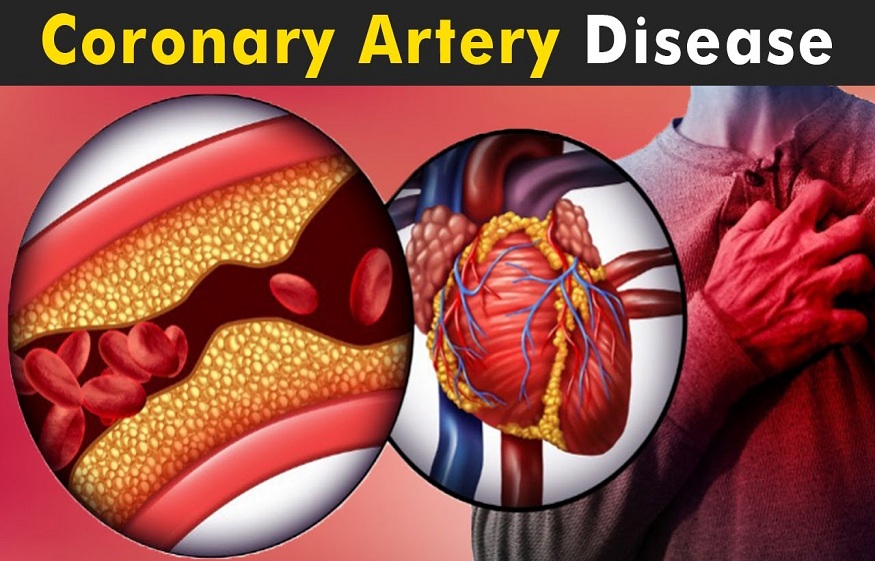Coronary heart disease or ischemic heart disease develops when plaque builds up in the walls of the coronary arteries – blood vessels that supply blood to the heart. The plaque, made of cholesterol deposits, eventually causes the inside of the arteries to be narrow, resulting in a partial or total blockage of blood flow. Because of reduced blood flow to your heart muscles, you may experience angina or chest pain – the most common symptoms of coronary artery disease. Fortunately, coronary artery disease is preventable; your board certified cardiologist Plano, TX, recommends the following lifestyle changes to lower your risk of this condition.
Stay active
One of the most effective ways to stay healthy is by combining regular exercise with a healthy diet. Being active and eating healthy foods helps you achieve a healthy weight, which reduces your chance of developing high blood pressure. Besides keeping your blood pressure healthy, regular exercise makes your heart and circulatory system more efficient. Like any other muscle in your body, your heart benefits from exercise; a strong heart uses less effort to pump blood. You do not have to engage in vigorous workouts since aerobic exercises like dancing, walking, and swimming can work your heart.
Eat healthy foods
Eat a balanced diet, including plenty of fresh fruits, vegetables, and whole grains. While at it, limit the amount of sodium-rich food or salt you eat, as too much salt increases your blood pressure. Eat no more than 6g (about one teaspoonful) a day.
It is also important to avoid saturated fats since they increase bad cholesterol levels in your blood. Instead, eat saturated fats since they increase good cholesterol in your blood and reduce clogging in your arteries. Examples of foods high in saturated fats that you should avoid include lard, meat pies, sausages, butter, cream, hard cheese, cakes, and biscuits. Trade these foods for avocados, nuts, seeds, and oily fish; these are high in unsaturated fats.
You also want to limit sugar in your diet since it elevates your risk of developing diabetes, significantly increasing your chances of developing coronary heart disease.
Stop smoking
Smoking significantly increases your risk of developing atherosclerosis and causes most coronary thrombosis cases in individuals below 50 years. Giving up smoking can be difficult, especially if it is a habit you have had for a long time. However, you can seek help from your primary care provider; they may recommend medicines to help you stop smoking. Joining a support group also helps you realize that you are not alone, motivating you to quit smoking.
Keep any underlying conditions under control
It is important to keep conditions like diabetes or high blood pressure since they increase your risk of developing coronary artery disease. To keep your blood pressure under control, exercise regularly, eat healthy foods low in saturated fats, and take any prescribed medication. As for diabetes, you want to be physically active, control your weight, and manage your blood pressure; these measures will help manage your blood sugar levels.
Contact Heart and Vascular Care to discuss with your healthcare provider the risk factors of coronary artery disease.



